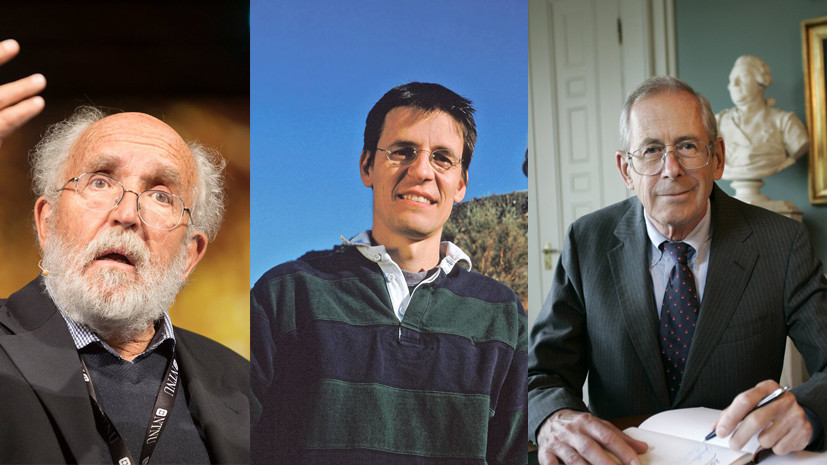“James Peebles is the man who stands at the origins of modern cosmology, in particular, he plays a significant role in the discovery of the cosmic microwave background, which in Russia is called relict radiation (the damped echo of the Big Bang. - RT ) ... The award found a hero after many years, but, according to the formulation of the Nobel Committee, he receives a prize not only for relict radiation, but also for the entire body of his work in the field of cosmology, ”said Vibe.
The achievements of the other two laureates, according to the astrophysicist, largely determine the development of modern astronomy.
“As for Major and Kelos, these are people who laid the foundation for a new direction in astronomical research: in 1995, they proved that other stars, similar to the Sun, can also have planets. Prior to this, the existence of planets in stars of the solar type was not entirely obvious, but Major and Pelo proved that this is so. Now this is one of the most powerful directions in the development of modern astronomy, and we know more than 4000 of these planets, ”the scientist added.
Vibe explained that these awards are more “recognition of achievements in long-made discoveries.”
“In both cases, the award was presented a considerable time after the discovery was made ... What this discovery could make, it has already done. Now this is a recognition of their merits in a long-made discovery, ”concluded the scientist.
Earlier, the Nobel Committee awarded the prize to James Peebles "for theoretical discoveries in the field of physical cosmology", and Michel Major and Didier Kelos - for the discovery of an exoplanet orbiting a solar-type star.

